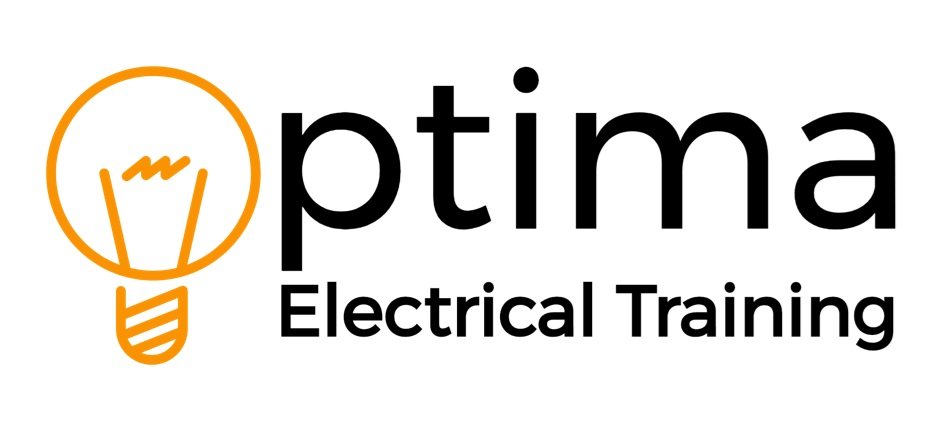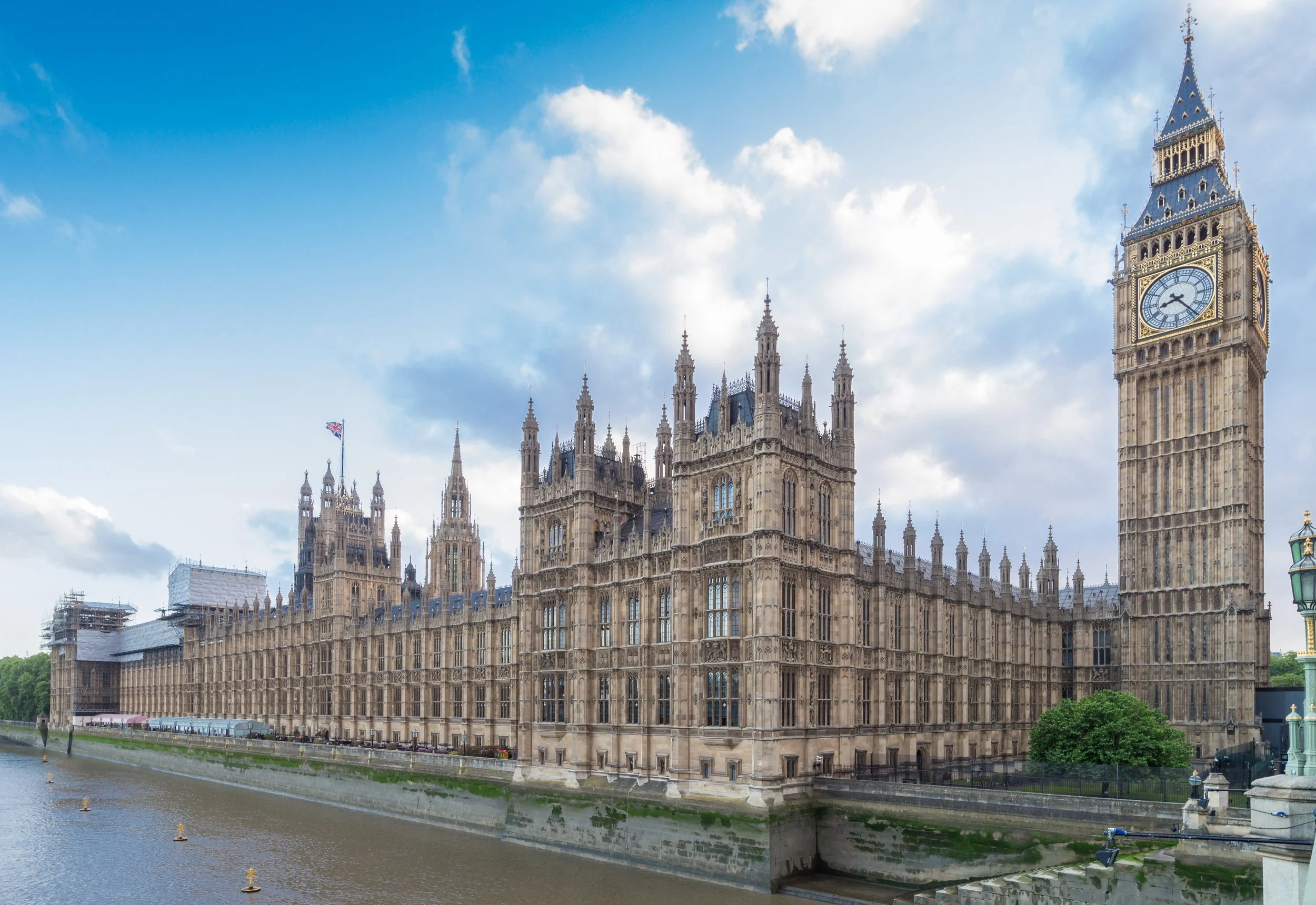Parliamentary roundtable launched to drive UK electrification
House of Commons, London – 23 October 2025.
A new parliamentary roundtable has been convened in Westminster to accelerate the UK’s shift to a fully electrified, low-carbon economy – with industry leaders warning that skills shortages, unfair electricity pricing and slow policy delivery are now “make-or-break” issues for Net Zero.
Hosted in the House of Commons by the Electrical Contractors’ Association (ECA), the roundtable brought together MPs, senior civil servants, policy influencers, leading manufacturers and clean-energy organisations from across the electrification supply chain.eca.co.uk
The session was sponsored by Jess Asato, Labour MP for Lowestoft, and delivered in partnership with ECA Commercial Associate Dimplex, a major player in electric heating and ventilation.eca.co.uk
Revisiting the Blueprint for Electrification
The roundtable was set up to scrutinise progress on ECA’s flagship report, “Blueprint for Electrification: Delivering the UK’s Transition to Clean Power”, first published in May 2025.eca.co.uk+1
The Blueprint sets out a practical 10-point plan to deliver a fully electrified, low-carbon economy and to support the government’s Clean Power 2030 ambition. It frames electrification not just as a climate necessity, but as:
a backbone of economic growth and industrial renewal;
a key pillar of energy security, reducing dependence on fossil fuel imports; and
a major driver of good-quality jobs across every UK region.eca.co.uk
During the meeting, attendees revisited its recommendations, assessed which proposals have gained traction, and identified where policy and delivery gaps remain.
Who was at the table
Alongside parliamentarians and officials, the roundtable drew senior representatives from across the energy and electrical sectors, including:
Department for Energy Security and Net Zero (DESNZ)
Energy & Climate Intelligence Unit (ECIU)
Energy Systems Catapult
Association for Decentralised Energy (ADE)
Electrical Safety First
Certsure
Solar Energy UK
SERA and the Labour Climate and Environment Forum
Energy UK, the trade association for the power sectoreca.co.uk
The session was chaired by Andrew Eldred, ECA Deputy CEO, who emphasised that the entire electrification supply chain now shares a clear sense of both urgency and opportunity.
He noted that participants backed the Blueprint’s core messages and its practical ten-point plan, highlighting a “common commitment” to deliver electrification at scale – but also a shared recognition of the barriers still holding the UK back, from high power prices to regional grid constraints.eca.co.uk+1
Skills crunch and workforce gaps
One of the most pressing themes was the growing shortage of qualified electricians, which industry leaders warned could severely slow the rollout of low-carbon technologies such as heat pumps, rooftop solar, battery storage and EV charging infrastructure.
Data from the Blueprint report shows:
Around 255,000 people currently work in electrotechnical roles across UK industries.
An estimated 9,000 electrically skilled workers are active in the UK electrical contracting industry.
To meet upcoming solar PV and EV charge-point targets, the UK may need around 1,000 additional electrical apprenticeship starts every year, on top of existing training pipelines.eca.co.uk
Despite this, upfront training and employment costs, business uncertainty and patchy careers information continue to limit the number of firms taking on apprentices.
ECA’s Head of External Affairs, Jane Dawson, said the organisation would use the roundtable as a springboard for joint lobbying to:
incentivise more small and medium-sized businesses to recruit apprentices;
build long-term confidence around demand for electrical skills; and
promote the role of “trusted, professional electricians” as the public face of the transition.eca.co.uk+1
Consumer confidence – and who the public trusts
Participants also discussed how to win public support for low-carbon technologies in homes and small businesses – a challenge the Blueprint describes as both technical and behavioural.
New YouGov polling commissioned for the ECA report (sample: 2,125 UK adults, 1–2 April 2025) highlights the scale of the consumer challenge:eca.co.uk
40% of adults say upfront costs are the main barrier to installing low-carbon technologies.
12% say their home is not suitable (e.g. space or roof constraints).
10% of renters say they lack permission from their landlord to make changes.
6% cite a lack of trustworthy advice, rising to 9% among 25–34-year-olds.
On who they trust to guide them, the poll found that:
24% of UK adults would trust a qualified electrician more than any other source to advise on clean home technologies – ahead of government agencies, energy companies or online forums.
Trust in electricians is even higher among 18–24-year-olds, at 35%.eca.co.uk
Roundtable participants agreed that any national electrification drive must put competent electricians at the centre of consumer engagement, combining clear standards, accreditation, and visible assurance schemes.
Pricing and the “unfair electricity penalty”
Another major theme was the relative cost of electricity vs. gas and other fuels, which industry argues is distorting consumer choices and slowing decarbonisation.
ECA and other attendees reiterated that:
High policy and network costs still loaded onto electricity bills can make efficient electric heating and processes look more expensive, even when they are cleaner and more secure in the long run.BSEE+1
This “electricity penalty” risks undermining investment in technologies that are essential for Net Zero – from heat pumps and EVs to electric industrial processes.
The roundtable heard calls for government to rebalance environmental and policy levies, sharpen price signals in favour of low-carbon options, and provide clearer long-term direction on power market reform.
Economic and jobs potential
Evidence presented from the Blueprint and wider net-zero analysis underlined the scale of the opportunity if electrification is done well:eca.co.uk+1
The UK’s net-zero economy grew by around 10% in 2024, contributing an estimated £83.1 billion to national Gross Value Added (GVA), according to CBI-linked analysis cited in the report.
UK energy companies are planning to invest up to £77 billion between 2026 and 2031 to upgrade and expand electricity infrastructure – potentially creating around 100,000 jobs.
Wider clean energy expansion could support hundreds of thousands of additional roles across construction, manufacturing, transport, digital and professional services, with some forecasts suggesting up to 400,000 extra jobs by 2030 if the UK captures its fair share of global clean-tech growth.
ECA and its partners stressed that these gains depend on coordinated action on skills, planning, grid connections and regulation, rather than a narrow focus on generation alone.
Industry voices: calling for partnership with government
Dimplex Managing Director Spencer Clark welcomed the parliamentary engagement, describing the event as an example of the “unique benefit” of bringing the full electrification supply chain into the same room.
He argued that electrical decarbonisation and the associated skills agenda are “varied and critical”, and that industry can offer government a ready-made platform for delivering future policy, from building regulations to heating strategy.eca.co.uk+1
Summing up the discussion, ECA’s Andrew Eldred stressed that the businesses, expertise and motivation to deliver electrification “at scale” are already in place – but that closer, more consistent dialogue with ministers and officials is now essential.
Next steps: from discussion to delivery
ECA confirmed that the parliamentary roundtable will not be a one-off. Over the coming months, the association and its partners plan to:
develop joint policy proposals with attendees, focusing initially on:
building consumer confidence through recognised, trusted installers;
targeted incentives for apprenticeship recruitment; and
practical reforms to reduce the relative price of electricity;eca.co.uk+1
brief MPs and peers across parties on the Blueprint’s ten-point plan and its workforce evidence;
expand dialogue with devolved administrations and city-region leaders on electrification skills pipelines and grid-ready planning.
The initiative is also expected to feed into wider parliamentary and government work on Net Zero, including:
the UK’s Clean Power 2030 agenda;
ongoing reviews of electricity market design and grid connection reform; and
emerging industrial and skills strategies linked to clean energy.
ECA is positioning the roundtable as a formal forum for ongoing collaboration between Parliament and the electrotechnical industry, aimed at turning high-level net-zero commitments into realistic, deliverable programmes on the ground.
Thinking of Becoming a Qualified Electrician?
At Optima, we provide comprehensive electrical training courses that equip you with the skills, qualifications, and confidence to work safely and legally in this vital industry. Whether you’re just starting out or looking to expand your qualifications, our accredited training programmes will give you the knowledge, confidence, and credentials to meet new building standards and market demand.
By enrolling with OPTIMA, you’ll:
✅ Gain industry-recognised qualifications trusted by employers. ✅ Hands-on practical training
✅ Train in a supportive, career-focused environment with real progression routes.✅ Expert instructors with real-world experience
✅ Access our ‘Pathway to Placement’ support to help you move from the classroom into paid work.
✅ Be part of a trade that’s essential, future-proof, and in constant demand.
Contact us today to embark on your training journey.
Contact us: Request Information
Email: info@optima-ect.com
Freephone +44 800 0371572


